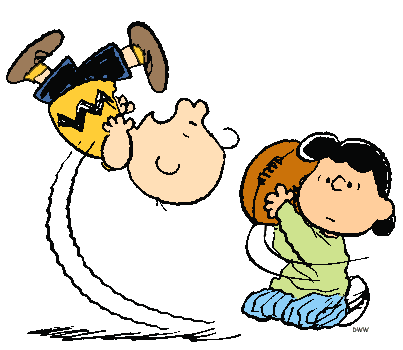
Today’s culture of bad news and scandal has generated a number of letters and emails from readers. Basically, they ask me how they can keep from being cynical, but at the same time not be naïve in the face of negativity and the ulterior motives of others.
The term “cynicism” suggests a departure from reality. Therefore, the implied solution would be to stick to reality. For every negative fact there’s usually at least one or two positive facts. If you keep this perspective, you can always be “fair and balanced” in your reporting — if not on the “news,” at least to yourself.
A cynic is someone who attaches more importance to negative facts than to positive ones. To the cynic, it doesn’t matter if there are a hundred positive aspects. One negative fact ruins everything. It is true that people can be capable of the worst and best things. But if you look at history, much of humanity has come a long way in a comparatively short period of time. When good stands up against evil, good always wins, provided good stands up for itself and fights back. Despite all the things wrong with the world today, scientific progress, technology and physical comfort might not buy happiness, but they sure can set the stage for it.
The question of how to balance positive and negative feelings poses a false alternative between cynicism and naiveté. Again, the solution is to just be objective. Focus on the positive as well as the negative, giving the positive more importance while not denying the negative, either. This is particularly important before becoming seriously involved in a financial or emotional relationship. Yes, it’s naïve to give away all your emotions (or money) for “free” without someone first earning your good will. Yet it’s equally mistaken to feel trapped in a situation and assume that nobody is, or ever could be, worthy of your emotional or material investment. Cynicism can be a sad waste of the limited time we have on this earth.
This is one of the reasons I’ve always loved the television show “Star Trek.” The characters always think their way out of complex and seemingly impossible situations (amazingly enough, in about 54 minutes). Of course it’s science fiction fantasy, but the problem-solving aspect is not fantasy. Thinking can be a powerful tool against the negative forces in life.
Extreme examples can sometimes point the way for us all. In her book “Life and Death in Shanghai,” Chinese-American author Nien Cheng describes being imprisoned by the Chinese government for six and-a-half years. While trapped in the squalor and filth of a political prison camp, she focused on a tiny spider in order to combat boredom and to help her stay focused on trying to escape. She eventually did escape, and lived a happy life here in America. However trapped you are — or may feel you are — I’ll bet you’re not THAT trapped.
My intention is not to instill guilt that someone else has it worse than you. My point is that there are ways to deal with feeling trapped. This includes standing back, thinking of alternatives, and recognizing that you’re not nearly as trapped as you think you are. And as long as you can think about it, you’re also capable of thinking your way out of it, or at least around it.
I like the saying, “There’s nothing so naïve as a cynic.” If you’re a cynic, you’ve already decided that life and people have nothing to offer you. This is foolish and inaccurate. The world is full of good and bad, positive and negative. To ignore one is just as impractical as ignoring the other.
Follow Dr. Hurd on Facebook. Search under “Michael Hurd” (Rehoboth Beach DE). Get up-to-the-minute postings, recommended articles and links, and engage in back-and-forth discussion with Dr. Hurd on topics of interest. Also follow Dr. Hurd on Twitter at @MichaelJHurd1, and see “Michael Hurd” on MeWe.
